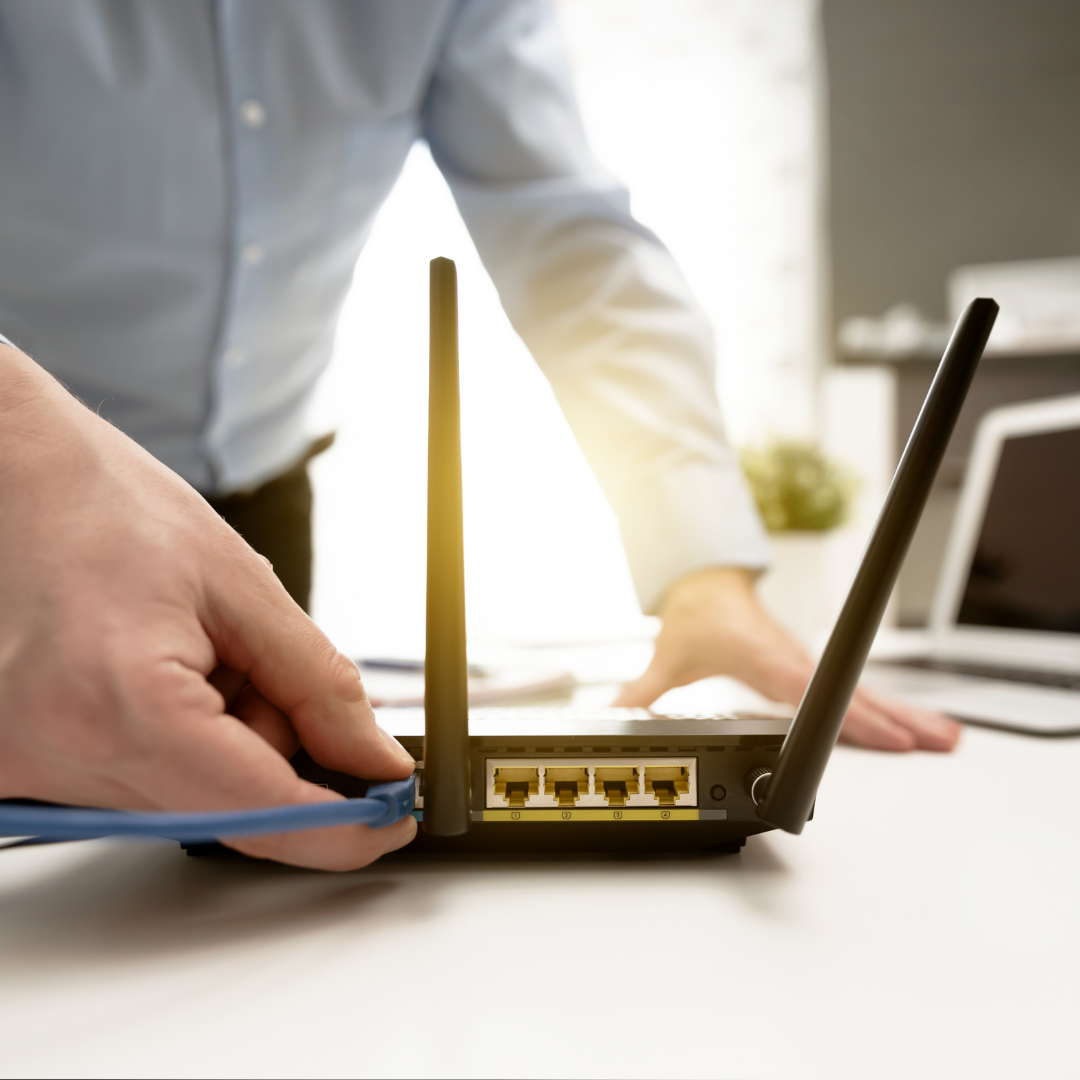The router connects your home or office network to the internet and provides you with a connection. It should be configured correctly for the network that it will connect to. Otherwise, your connections will not be secure, and they will be unreliable. In fact, for this purpose, most office organizations tend to invest in premium network security solutions offered by companies like Fortinet (https://www.fortinet.com/products/network-access-control) and similar others for their employees so that the data and security are maintained at all times.
Take this example into consideration. If you have a cable TV connection at home, then there’s no need to buy a router from the local cable company and connect it to your computer through an Ethernet cable. In fact, using cable TV for Internet access is considered insecure. However, suppose you have satellite television at your house or office. In that case, there’s no reason you should not use this method of accessing the internet instead of using one of several alternatives provided by your ISP or cable company. Furthermore, you can inquire with your internet service provider if they can add something extra to your bundled plan, such as the DIRECTV stream service. This can be done by paying an extra fee to your ISP.
Does my Home ISP Offer Good Router?
It is important to know that the router you have at your home is not just for your broadband connection but also for the Wi-Fi connection. When it comes to Internet connectivity, there are three types of routers:
- High-end routers: These ones are expensive, and they come with lots of features. They do not look good in the dark so that they will be an ideal fit for a business setting.
- Mid-range routers: These ones are not too expensive and only come with a small number of features. They will fit perfectly into offices or homes where there’s a need for browsing large files or streaming videos without making much noise while doing it.
- Low-end routers: These ones have no special feature set, but you can still expect them to work well.
What router does your ISP give you?
The router is a device that resides inside your home or office. It is the smallest element that connects the internet to your home wiring and data network.
The router can be connected to any cable as well as the telephone lines. In most cases, your ISP will provide you with two routers – one for the internet and another for telecommunication connectivity. So, if you have 2 separate areas of your home, the chances are that they both use different types of cable lines and 3G/4G cellular networks.
Do I have to connect one of them? Often, it depends on what you want to do with it. If you are just surfing the web, then connecting both should be sufficient enough for you. However, if you plan to stream videos or upload photos from your mobile device, it would be best to purchase one with better features and functions.
As we all know, many Internet Service Providers (ISP) provide free routers that connect you to their networks. This is helpful because it gives you more extensive network access than what you get with your old cable modem. However, many of the routers provided with ISP service are old and outdated. If you still have a router that is over a decade old and your ISP does not provide that, you should consider updating it. Even if you are working in an office and need greater internet connectivity over a large area, you should update the router and also consider getting ethernet cables for the places where the WiFi does not reach. An office supply store should have the components you need for this.
How to Manage your Internet Router?
The router is great because it allows you to connect to the internet and keep your privacy. If you are not sure how to make use of a router, there are certain things that you need to know.
For example, if you have a private Wi-Fi network that is connected to your home directly through your modem, it’s easy for hackers to gain access to this network and steal all kinds of data. This router protects against security breaches and privacy concerns.
What can I do about this?
You can either choose another device (such as a modem) that is connected directly through the internet instead of the Internet router or buy a dedicated Wi-Fi system with an Ethernet port (wired connection). This gives you full control over what kind of data can be accessed by anyone connected to your router.
Conclusion:
The number of routers that come with a specific ISP is limited. That’s why the ISP can make money from charging for access and charges for data.
Some people think it is easy to find the router that suits them, but there are many models and brands in reality. A good router should have all these features. In fact, some people even prefer to use a VPN router (learn how to set up vpn on router here) to protect all the devices on their home network.
We used to know that it is important to understand the difference between the router and the Internet service provider. However, this has changed with the rise of affordable and innovative routers. These devices have features that most websites don’t offer, but they also come with low monthly costs compared to a standard broadband Internet plan.
Understanding these elements will help you compare different routers and decide which one is best for you.



